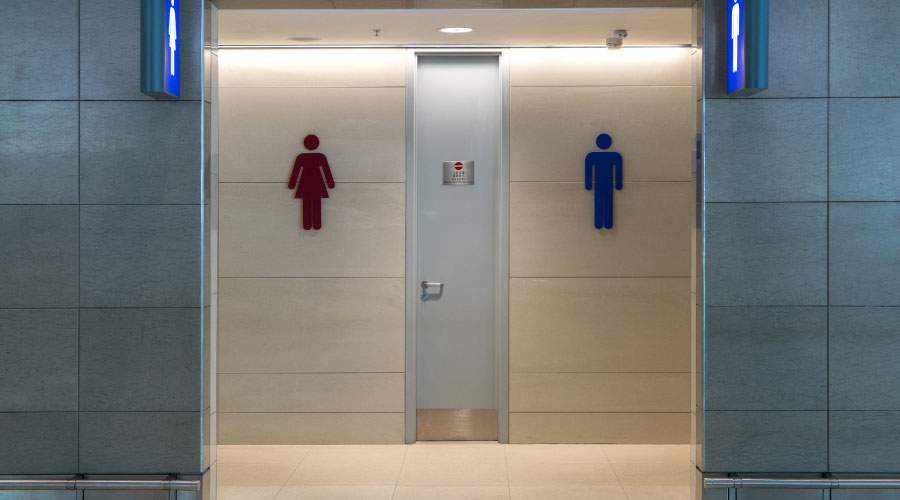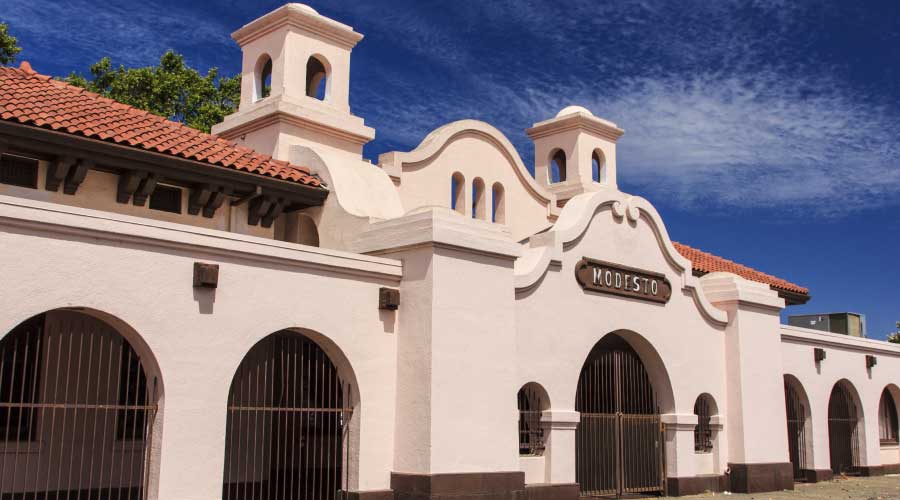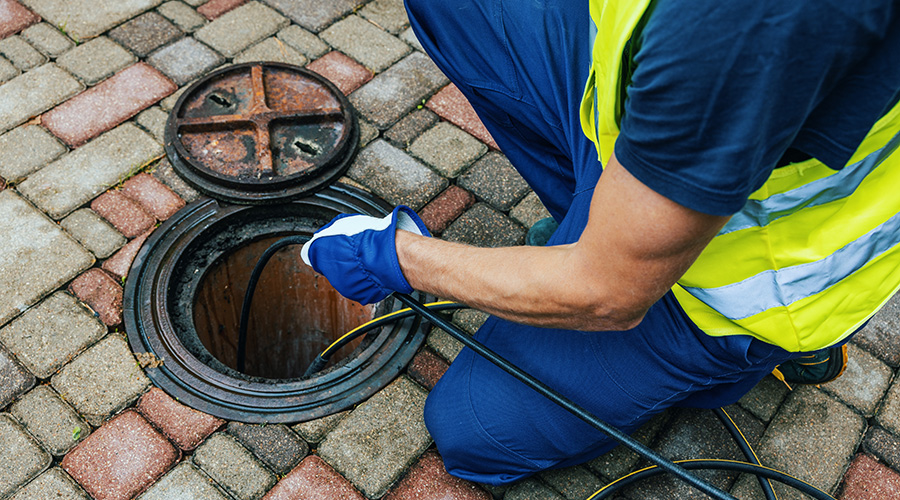District Builds on Success of High School Plumbing Retrofit
Building on success
The 2006 high school plumbing upgrade was only the beginning of a series of retrofit projects for the school district, which has 3,800 students and includes four elementary schools and a kindergarten center. Subsequent projects have included installing lower-flow toilets in all the schools.
During the last 10 years, the district has renovated each of its six buildings, all of which were built in the 1960s or earlier, a process that included upgrading plumbing systems. The district is currently in the midst of a 30,000-square-foot expansion of the high school.
"One of the aspects we're looking at is a rainwater-collection system," Young says. "As it turned out, it's not really feasible in our area. One of the reasons is we're kind of landlocked and don't have a lot of space for expansion. What we try to do is cut back on water usage, and the best means for us is continuing with the lower-flow toilets and as technology increases, and the toilets themselves have gotten better even since 2006, so we're upgrading them as we go along."
Among the decisions Young made since 2006 was installing a pair of waterless urinals in a smaller bathroom.
"It worked out pretty well," he says. "We still have them in that building, and we haven't had any problems to date. They've been in there five or six years now."
As technology for restroom products continues to improve, Young has found that some of the units installed in 2006 already are being replaced for more efficient options.
"If you look at the advances being made, plumbing changes are pretty dramatic over the last five, six years," Young says. "What you put in today, a few years down the road, is pretty much going to be obsolete, or at least it's going to be overrun by something else."
Related Topics:














